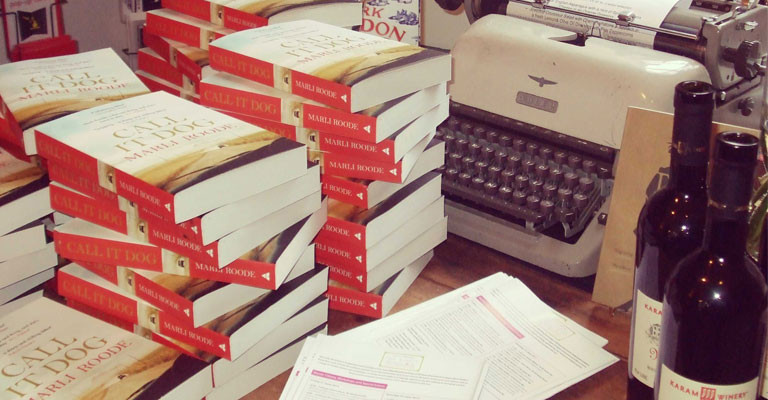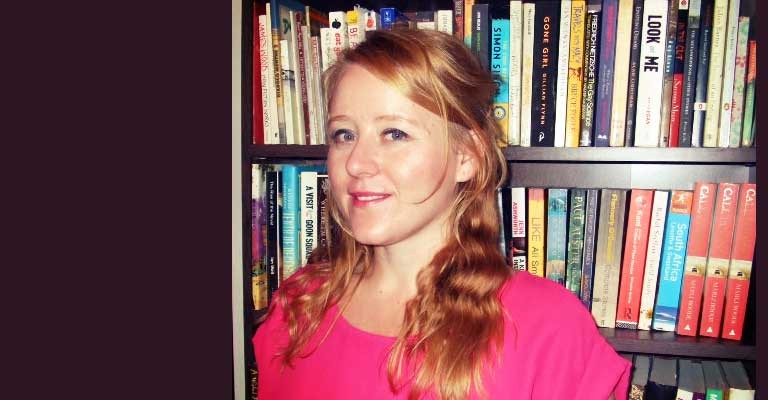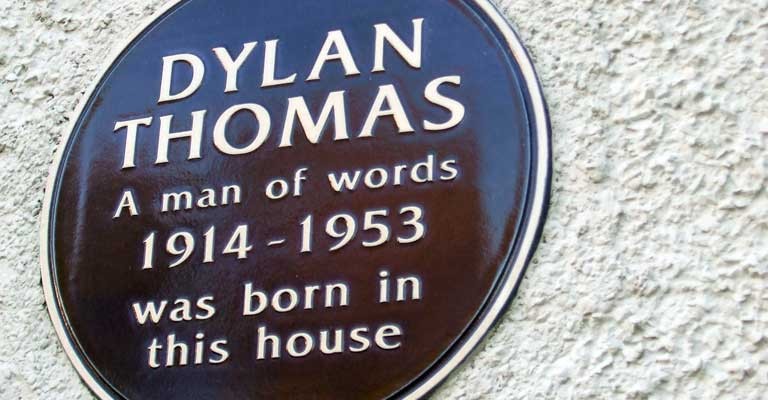I am trying to be funny. I am trying to be suitable for all ages.
Things are not going well.
Writing to a brief is, I’ve heard, a nightmare / a sign of being a sell-out or creatively bankrupt / impossible. I used to think it wasn’t all that different from writing a sestina or univocalism (one of my favourites is Joe Dunthorne’s This Is Crispin [link: http://fivedials.com/files/fivedials_no8.pdf]), where the constraints are sort of comforting, like the rule that you have to wait a half-hour after eating before swimming. You wait the specified time and you’re guaranteed not to drown.
But that was before I tried to be funny, or have mass appeal.
Among the adjectives that must not be applicable to this story: defamatory (please: I’ve studied media law – I know the UK is the last place you try that kind of thing); obscene; dark.
A friend suggested that some darkness may be permissible, provided it is the kind of dark that could take place in a gastropub. Middle-class and -aged protagonists discuss their impending separation over quail eggs and polenta. That kind of thing. Given my usual subject matter – racism, riots, depression, cancer, sociopaths – it’s safe to say dark and obscene are in my wheelhouse. Quail eggs have yet to make an appearance.
Writing to a brief is, I’ve realised, an opportunity to recognise what’s comfortable, in my case, being offensive and harrowing. It’s an opportunity to interrogate yourself: do you think art has to be dark to be serious or to matter? (Personally, no, otherwise CSI would be the most important work of art of all time.)
So, back to the story. While there might be a pub, there will be no polenta or truffle oil. Hopefully, there’ll be a funny line or two. And if I’m lucky, readers won’t be able to tell that the writing of the thing felt like wearing someone else’s clothes, the clothes of a much nicer person than I am no doubt.




